Physalis Blog Post
July Farm Visits
The second half of July has been busy with farm visits and other activities related to Groundcherry and Goldenberry Project.
Ithaca Children’s Garden
One of our community project participants is the Ithaca Children’s Garden, where they have been growing six types of Physalis peruviana and Physalis pruinosa. The Teen Urban Farmer program, consisting of teens who are employed at the garden over the summer, has been taking care of these Physalis plants. In addition, garden members have also been collecting data throughout the summer on growth and other morphological characteristics that will be useful as we continue our work on this project. Myself, and our project intern Kyle visited the garden to tell the teens a little bit more about he project and the types of research we do at Boyce Thompson Institute.
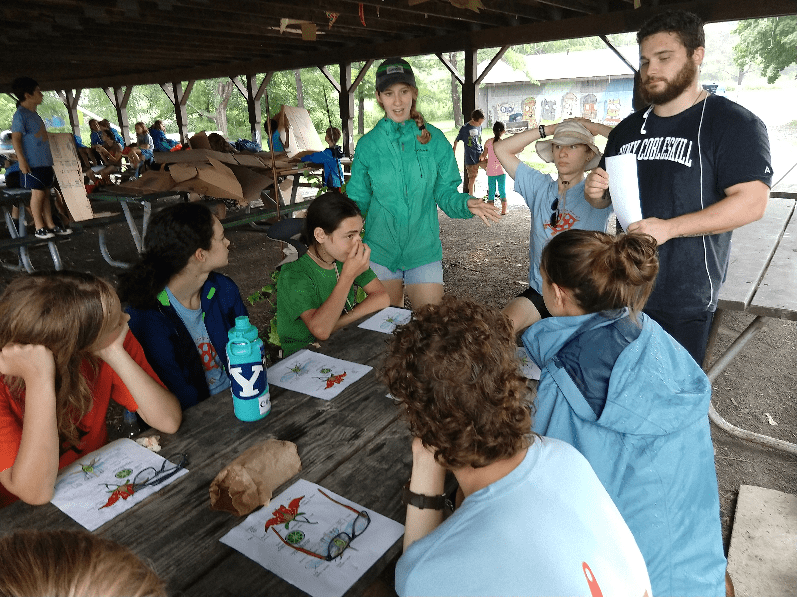
Farm Visits
This past month we had the opportunity to interact with physalis project growers in both Geneva, NY and the Essex County area of New York. Luckily, these plots all seemed to have survived attacks from the three-lined potato beetle and damage was minimal (if at all, we saw no incidence of the three-lined potato beetle in Geneva).
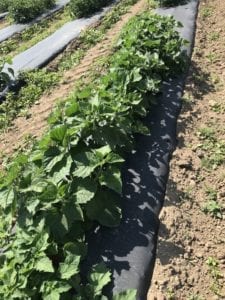
Peruviana in Geneva
In Essex county two of the three plots we visited had ripe pruinosa fruit and the plants were flourishing. The third plot was not well drained and the plants appeared to be father behind in development, though they still looked healthy. Overall, the growers we interacted with were excited about the fruit and seemed to have an overall favorable opinion of the crop.
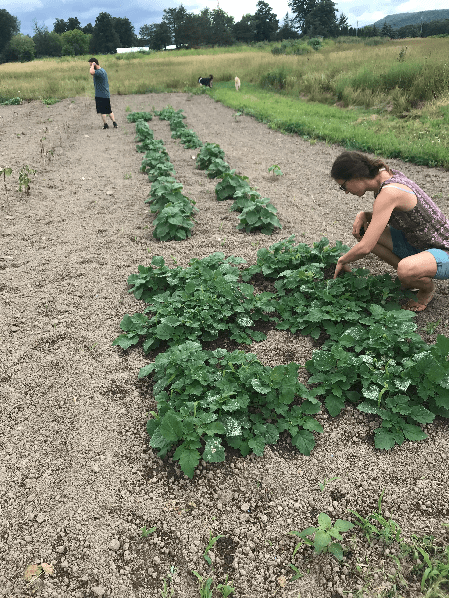
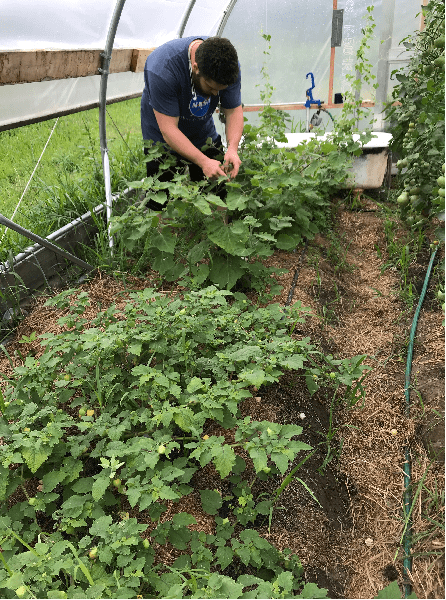
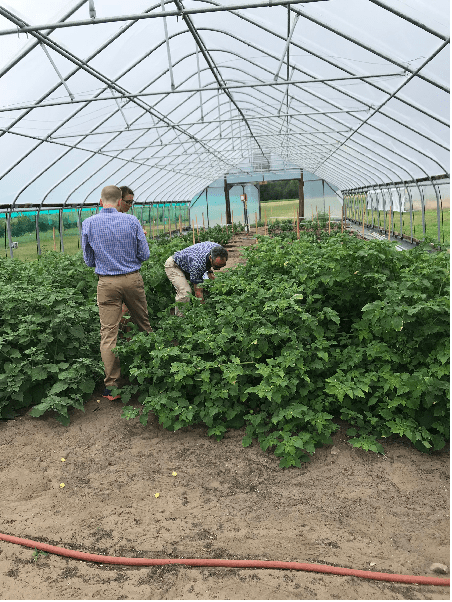
Photos Left to right: Physalis plants grown in wet clay in Crown Point, NY, Physalis plants grown in composted bedding pack in a high tunnel at Echo Farm, Pruinosa plants grown in loamy sand with compost in a high tunnel at the Willsboro Research Farm.

